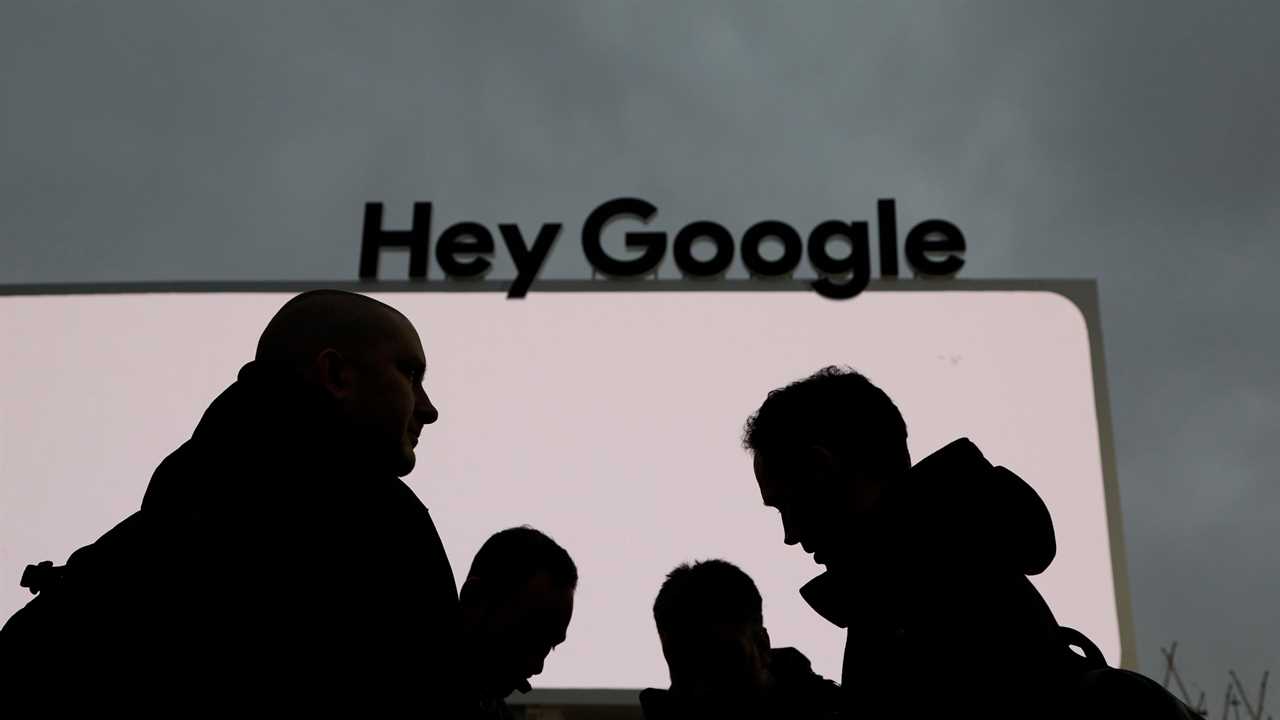
Google said on Monday that it had not used its multibillion-dollar deals with other large tech firms to protect its position as the dominant online search engine, in the company’s first formal rebuttal to the Justice Department’s accusations that those deals violated antitrust laws.
The filing, a 42-page document, is a paragraph-by-paragraph — and sometimes sentence-by-sentence — denial of the claims made by the government and a group of states that have joined its lawsuit. In the filing, Google says it “developed, continually innovated and promoted” its search product as part of its mission to “organize the world’s information and make it universally accessible and useful.”
“People use Google Search because they choose to, not because they are forced to or because they cannot easily find alternative ways to search for information on the internet,” the company said.
The filing is Google’s most significant so far in its antitrust battle with the Justice Department, but it will be far from its last. The judge hearing the case, Amit Mehta, said last week that the trial would not start until 2023.
Google is fighting a growing number of legal battles inside the United States. Republican attorneys general in Texas and other states said in a lawsuit last week that Google had broken the law in obtaining and protecting a monopoly over the technology that delivers ads across the internet.
A day later, a bipartisan group of states led by Colorado and Nebraska filed their own lawsuit focused on its search business, expanding on the accusations made by the Justice Department in October. They have asked to combine their case with the federal lawsuit.
The lawsuits are at the center of growing legal pushback against the power of the tech giants to act as gatekeepers for commerce, communications and culture. The Federal Trade Commission and 40 state attorneys general filed lawsuits against Facebook this month saying it had stamped out competition by purchasing Instagram and WhatsApp, a legal battle that could ultimately break up the company if it were to succeed. Federal and state officials are pursuing investigations into Amazon and Apple, too.
The Justice Department said in its suit that Google had used agreements with device makers like Apple, Samsung and LG to make sure it was the default search engine on their phones. That pole position is powerful, preventing rival search products like DuckDuckGo from growing, prosecutors said. Eleven state attorneys general signed on to the lawsuit when it was filed. Additional states have asked to join the case, including California.
The company maintains that its purchase of default space on mobile devices is no different from a consumer brand buying preferable shelf space in a grocery store. It also argues that it is easy for Apple and Android smartphone users to switch from its search service to that of a competitor.
In its filing on Monday, Google did admit that some of the government’s claims held up: It is true, the company said, that some dictionaries do classify “Google" as a verb. It admitted that “it was founded in a Menlo Park garage 22 years ago and that it created an innovative way to search the internet.”
And it acknowledged that its parent company, Alphabet, has a roughly $1 trillion value — but denied that such a claim could be made about Google itself.
A spokeswoman for the Justice Department did not immediately respond to a request for comment.






